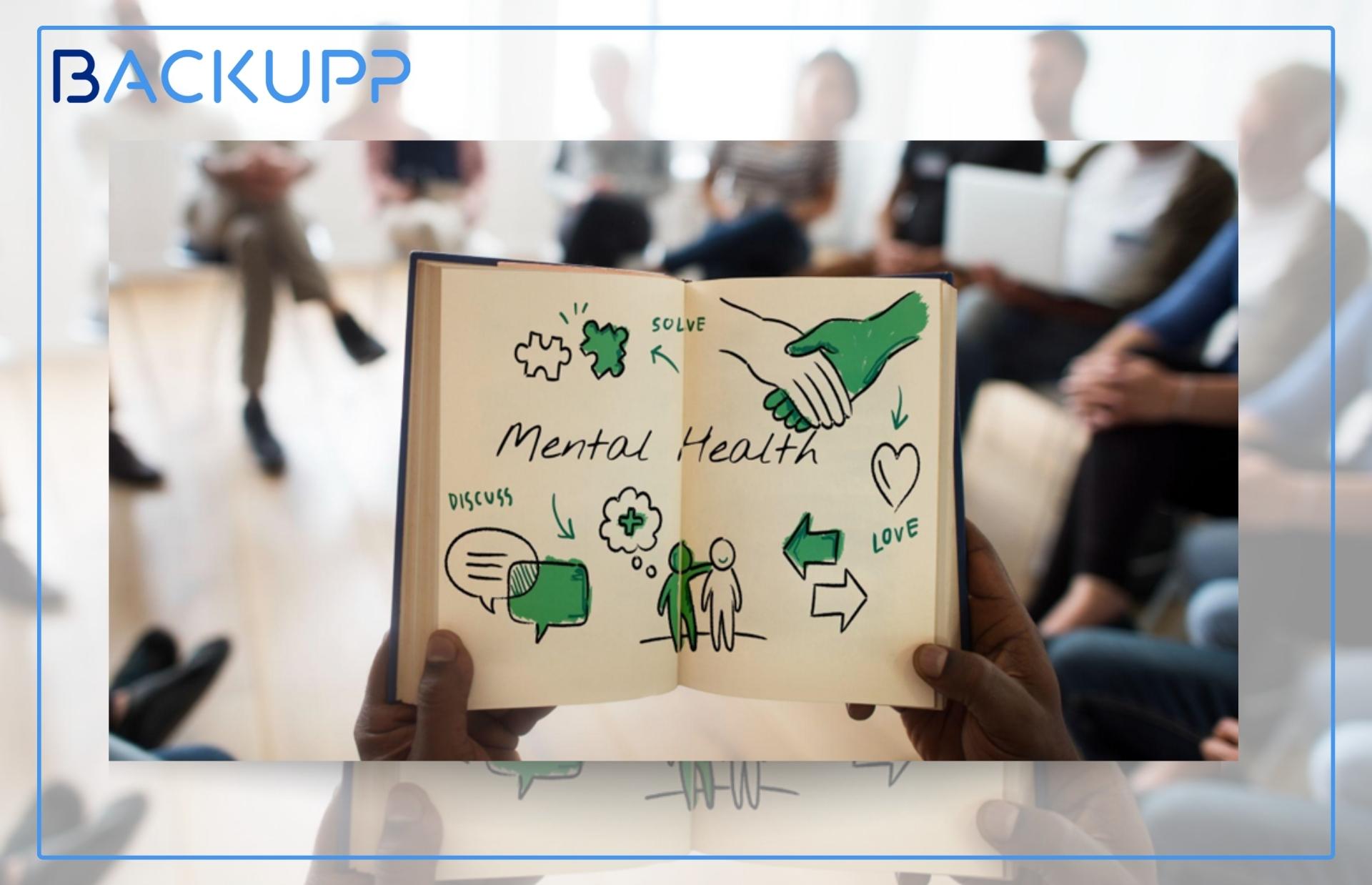
We think it's critical to know when to take a mental health day as part of our commitment to fostering a supportive and effective work environment. In this post, we'll talk about five essential signals that you need a mental health day and how giving your mental health the attention it deserves can boost your happiness and productivity in general.
1. Persistent Feelings of Overwhelm
Feeling overwhelmed at work is a common experience, but when it becomes a persistent feeling that affects your daily life, it's time to consider taking a mental health day. Symptoms of overwhelm may include difficulty concentrating, irritability, and an increased sense of anxiety. Taking a step back from work on a mental health day can help you recharge and gain clarity, allowing you to return to work with a fresh perspective.
2. Physical and Emotional Exhaustion
Burnout, which is bad for your mental and physical health, can manifest as physical and emotional tiredness. It's obvious that you need to prioritise self-care and think about taking a mental health day to relax and recharge if you start to feel exhausted, emotionally distant, and unmotivated.
3. Decline in Job Performance
It may be an indication that you are under mental and emotional stress if you see a sharp reduction in your performance and productivity at work. Taking a mental health day can help you address any underlying issues and avoid more serious consequences rather than pushing through and running the risk of future deterioration.
4. Increased Levels of Stress and Anxiety
Stress and anxiety can impact every aspect of your life, including work performance, relationships, and overall happiness. When stress becomes overwhelming and starts affecting your well-being, it's crucial to address it proactively. A mental health day can be an opportunity to engage in stress-reducing activities and seek professional support if needed.
5. Neglecting Personal Well-being
Self-care and personal well-being are indicators that you might require a mental health day when they are neglected. It's time to take a step back and prioritise yourselfif you frequently place your physical and mental wellbeing behind that of your business. Keep in mind that maintaining your wellbeing is crucial to long-term success and productivity.
A Practical Guide to a Productive Mental Health Day
To make the mostof your mental health day and ensure a successful recovery, here's a step-by-step guide to help you plan and execute a rejuvenating experience:
Step1: Acknowledge the Need
The first step is recognizing the signs that you need a mental health day. Be honest with yourself and take note of any persistent negative feelings or stressors affecting your well-being.
Step2: Communicate with Your Employer
If your workplace has a policy for mental health days, follow the necessary procedures to request one. Open and honest communication with your employer is crucial to ensure a smooth process.
Step3: Plan Ahead
Prepare for your mental health day by ensuring your workload is manageable in your absence. Set clear expectations for your return and delegate tasks if possible.
Step4: Disconnect from Work
On your mental health day, disconnect from work-related communications and avoid checking emails or taking work-related calls. Focus solely on your well-being.
Step5: Practice Self-Care
Engage inactivities that promote relaxation and well-being. This could include meditation, exercise, spending time in nature, reading, or engaging in creative pursuits.
Step6: Seek Support
If you're struggling with your mental health, don't hesitate to reach out to friends, family, or a mental health professional for support and guidance.
Step 7: Reflect and Realign
Use the mental health day to reflect on your overall well-being and set intentions for maintaining a healthier work-life balance moving forward.